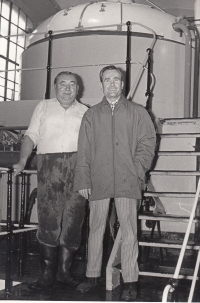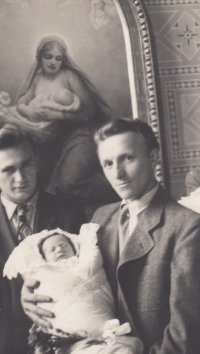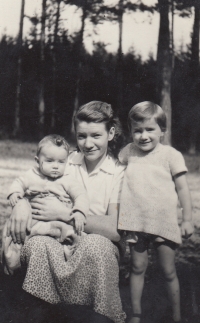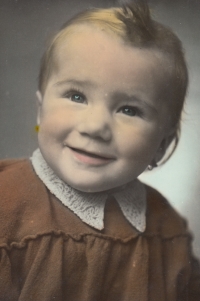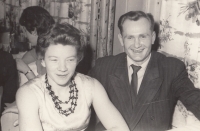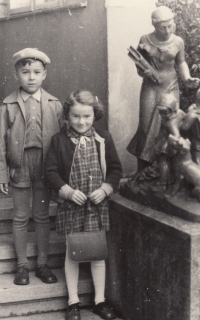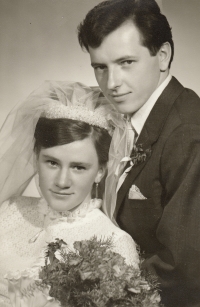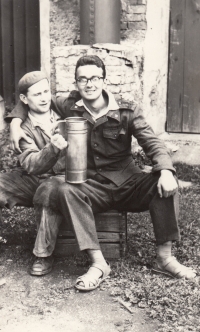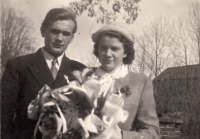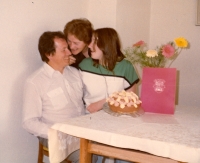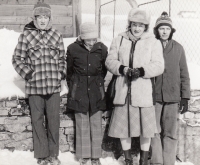Life with the occupant army in Ralsko: gasoline for a penny and pub torn down by a tank
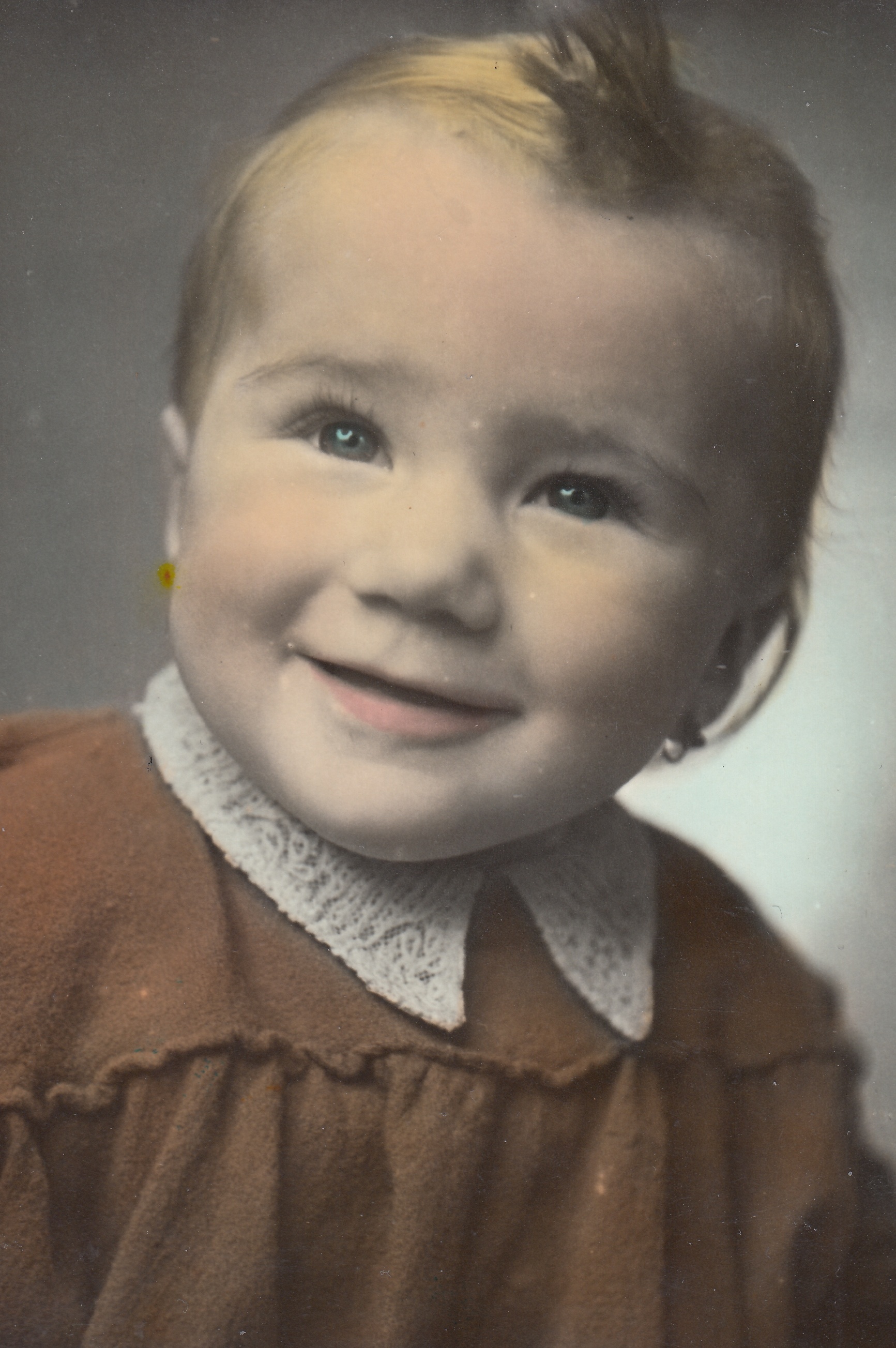
Download image
Dagmar Millerová, née Panírková, was born on on the 13th of September in 1951 in Prague. Shortly after, she and her mother moved to to Čečkovice to Dagmar’s uncle. In 1954, her father returned from the army service and found a job in the Svijany brewery. Fron 1954, the family lived in a flat at the Svijany castle. Dagmar apprenticed as a glass cutter in Turnov in Liberec area. In 1972, she got married and moved to her husband’s family house in Vystrkov. Living near the Ralsko military area brought many incidents with the Russian garrison. There were rockets falling in the village or black market with gasoline. The witness never took any major interest in politics. Dagmar has two children, nowadays, she is retired and she is still living in Vystrkov.
